Carl Honoré is a London-based writer, speaker and godfather of the Slow Movement. He believes Slow is a way of being, an attitude towards life and a state of mind. In his international best seller, In Praise of Slow, Carl examines fast-paced living and it’s contrast, the rising global trend toward slowing down. As the world’s leading expert on the power of Slow, he’s leading a cultural revolution towards happiness and health by disputing the notion that faster is always better.
Meet Carl HonorÉ …
What’s the philosophy behind the Slow Movement?
We’re constantly pushed to do more and more with less and less time. We are so marinated in stimulation and distraction, we are so afraid of wasting time, that we find it hard to unplug, slow down and focus. The irony is that by turning every moment of the day into a race against the clock, we are wasting time on a grand scale. We are racing through our lives instead of living them.
Slow is a reaction against the diktat that faster is always better. The Slow philosophy is not about doing everything at a snail’s pace. It’s about seeking to do everything at the right speed. But it is much deeper than just doing things more slowly. To me, Slow is a philosophy of life. It's a cambio de chip. It's living fully and in the moment. It's about forging deep and meaningful bonds with other people. It's about creating a world that is happier, healthier and more humane. Savouring the hours and minutes rather than just counting them. Doing everything as well as possible, instead of as fast as possible. Living in the moment, being present, being mindful. It’s about quality over quantity in everything from work to food to parenting.
The secret is to live more fully, by giving our full attention to every moment and every act. We have a such a neurotic relationship with time. We see time as a bully to be feared or conquered, or as a limited resource that we must rush to exploit as fast as possible. This leads us into putting quantity before quality. We end up cramming our schedules with activity and stimulation in the false belief that this is the best way to make use of our time. It is not. The best way to use time is to do fewer things but to give them your full attention, energy and even love. You have to accept that the old adage “time is money" does not always hold true: you can’t save up time for a rainy day the way you can save up coins in a piggy bank. You only have this moment now; you can’t save it for later. So the key is to live that moment to the fullest.
How did your life change when you started to live slower?
You don’t have to quit your job, move to the country and grow organic carrots to join the Slow movement! You can be Slow anywhere because Slow is a state of mind. It is a like changing a chip inside your head.
In the bad old days, my life was an endless race against the clock. My wake-up call came when I found myself toying with the idea of buying a collection of One-Minute Bedtime Stories. In other words, Snow White in 60 seconds! Suddenly it hit me: I’m even trying to speed up those precious moments with my children at the end of the day.
Now, I am walking the Slow talk. I almost never feel rushed any more. I do fewer things but I do them better and enjoy them more. I take breaks during the workday to relax, eat and do a bit of meditation. I stopped wearing a watch, which helped make me less neurotic about time. I switch off my technology (email, iPhone, etc) whenever possible, to avoid being always connected. I say No to work or social offers now in order to avoid getting overloaded.
I now have time for those moments that give life meaning and texture – reading a leisurely bedtime story to my children, enjoying a glass of wine with my wife in the evening, chatting with a neighbour, stopping and staring at a beautiful building or sunset. I feel like I’m living my life now instead of racing through it.
How slow should we aim to go?
Each person has their own "tempo giusto." You just know when you are living at the right tempo. You feel it in your bones. You are more healthy. You feel fully engaged with what you are doing. You take pleasure from each moment. You feel closer to the people who matter to you. You have the time and space to reflect on the big questions in life.
It is not easy to slow down. But it is possible. No man is an island and when we start slowing down we have to take account of the impact on people around us. That involves warning friends and colleagues, explaining why your are going to do less, unplug your technology more, and take more time for things.
Why is the Slow Movement so popular?
The Slow movement has grown fast and bigger than I ever could have imagined. When I first thought of calling the cultural change that I saw around us the "slow movement," I entered this in Google and came up with zero web pages. Today you enter "slow movement" and you get over 94 million hits. There are now movements for Slow Travel, Slow Design, Slow Science, Slow Parenting, Slow Education, Slow Houses, Slow Research, Slow Art and the list goes on and on. Even people you would never expect to embrace Slow are doing so.
It seems to me we are moving towards an historical turning point. For at least 150 years everything has been getting faster and for the most part speed was doing us more good than harm in that time. But in recent years we’ve entered the phase of diminishing returns. Today we are addicted to speed, to cramming more and more into every minute. Every moment of the day feels like a dash to a finish line that we never seem to reach. And this is backfiring on us in every way imaginable. The roadrunner culture is taking a toll on everything from our health, diet and work to our communities, relationships and the environment.
The economic crisis of recent years is a searing wake-up call, a reminder that our fast-forward way of life is pernicious and unsustainable. The economy was all about fast growth, fast profits and fast consumption – and look at how it almost steered us into an economic apocalypse.
Getting in touch with your inner tortoise. Carl's TED Talk has resonated with over 1.1 million viewers to date.
If you embrace slow, aren't you missing out on lots of opportunities?
On the contrary! True, the world is a giant smorgasbord of things to do, consume. experience and we want to have it all. But the problem is that having it all is a recipe for hurrying it all. And hurrying is the enemy of pleasure.
In a world of instant gratification, waiting is anathema; it’s for losers. But this is folly. Waiting is an art form that can help us live more fully. When you delay gratification, when you look forward to something, the pleasure is that much more intense when it finally arrives. Anticipation is the secret sauce that makes everything taste better.
In a fast-forward world, taking your time to make something can be deliciously subversive. It can also bring real pleasure. Writing a letter, for instance, is an exercise in slowing down and reconnecting with yourself and the recipient. You get to create something real, tactile and unique in a world full of pixels and digital knock-offs. And you get to give the greatest gift of all to another person: your time and attention.
Remember the famous quote from Mae West: “Anything worth doing is worth doing slowly.”
Is working slow a taboo subject? If so, why?
The taboo is coming under serious attack but it still exists and will take a long time to destroy it. Why? Because it is embedded deeply in our culture. We prize reaction over reflection. We worship speed in almost everything we do. Slow has become a dirty word, synonymous with lazy, stupid and boring. That means that even though the rational case for slowing down at work is irrefutable, and even when we yearn to put on the brakes, we don’t do it – because we feel afraid or ashamed to do so.
Where does technology fit in?
People often assume that as a proponent of the Slow movement I should be against new technology. They think that slowing down, putting your life in balance, means throwing away the gadgets. Yet nothing could be further from the truth.
I love technology and own all the latest high-tech goodies. To me, being able to tap the Web or speak and write to anyone anytime anywhere is exhilarating. By freeing us from the constraints of time and space, mobile communication can help us “seize the moment” and “make the most of now,” which is what the Slow movement is all about. New technology brings us together in ways that seemed like science fiction not long ago. Before mobile communication, time, distance and my very poor handwriting killed off most of my long-distance friendships. Today, thanks to email, Facebook and Twitter, I’m in touch with mates on every continent.
But there is another side to this story. Human beings are hardwired to be curious and to connect and communicate. The problem is that in a world of limitless information and constant access to other people, we often don’t know when to stop.
There is a parallel with the obesity epidemic. Designed for a hunter-gatherer existence, our bodies are very efficient at storing excess calories as fat. Today, when calories are permanently on tap and there is less chance of burning them off by hunting and gathering, our waistlines are ballooning. The same thing is happening with mobile communication. Just as we keep on eating even after our bodies have had enough food, we keep on texting, surfing and tweeting long after our minds are overloaded with information and stimulation.
The bottom line is that you cannot be truly “in the moment” when you’re juggling several moments at once. You cannot make the most of now when you turn “now” into a frenzy of multitasking.
Constant connection makes us chronically impatient. We come to expect everything to happen at the touch of a button – and get angry when it doesn’t. Being “always on” also makes it hard to stop and stare, to smell the proverbial roses. We miss the details, the fine grain of the world around us when our eyes are glued to a screen. We lose the joy of discovering things on our own, or by chance, when we stick to routes prescribed by a GPS download. When travel involves firing off a stream of texts, tweets and audio-video footage to friends and family back home, we never completely immerse ourselves in a new place.
Overdosing on mobile communication can also mess up the relationship we have with ourselves. Human beings need moments of silence and solitude - to rest and recharge; to think deeply and creatively; to look inside and confront the big questions: Who am I? How do I fit into the world? What is the meaning of life? That isn’t likely to happen when your mind is constantly wondering if you have a new WhatsApp message or if it’s time for a fresh tweet.
We need to strike a balance with technology. it is neither good nor bad; what matters is how we use it. That means finding the discipline and imagination to use it more judiciously. To switch on when it can bring us together and enrich our lives. But to switch off when old-fashioned, face-to-face communication – or even just a little of silence - is called for.
How can you put the slow philosophy into practice?
The first thing is to do less. Look at your schedule and cut back on the stuff that is not essential – that might meaning watching less TV, reducing the extracurricular activities of your children, saying No to the occasional social invitations, or working less. Depends on the person. It’s important to accept that you can’t do everything.
Find moments when you can switch off the technology. Mobile phones, laptops, tablets etc are all wonderful tools but we all need time to be unplugged. We need moments of silence, with interruptions, to recharge and reflect. Even the big tech companies increasingly understand this.
Build into your day one activity that forces you to slow down. This could be anything – yoga, gardening, reading a book, taking a walk with the phone switched off, soaking in the bath. Anything that shifts you into a lower gear.
It’s also important to remember that slowing down is often a good way to be more productive at work. We are all so seduced by the idea that we have to be busy all the time that we fail to see that we would work better by putting on the brakes from time to time.
How is slowness making a positive difference?
By slowing down we start living every moment fully. That means taking more pleasure from everything we do. We become more creative and efficient at work. We eat better, boost our energy and reinvigorate our health. We build stronger relationships. Slowing down also brings an inner calm and gives us the time and space to reflect deeply. All of which can make us happier.
More and more people are putting the Slow idea into practice every day and in every walk of life. I get daily emails from readers around the world telling me how slowing down has change their lives, their careers, their families, their companies. And this is the key: by telling stories about how slowing down works, the movement is helping other people take the same step. We are all scared to decelerate, so it gives us confidence to see others doing so and reaping the benefits.
Does slow living appeal more to a certain generation?
The Slow Movement is being driven by people of all ages. Boomers, for instance, are reaching an age when they no longer have the energy to do 100-hour weeks and are eager to slow down and savour the time they have left. Millennials are coming of age with a very different set of priorities that I would describe as Slow. They are looking at the older generations and recoiling. They don’t want to sacrifice their health, relationships, dreams and souls to achieve what now seem like outdated notions of success. They don’t want to work for companies that plunder the environment or behave unethically. Sure, they want to do well, but they also want to do good. And that sums up Slow in a nutshell.
That said, when it comes to actually launching movements under the Slow umbrella, I reckon it is the younger generations (millennials, Gen Y and Gen X) that are doing the pioneering. I find it’s often millennials who are leading the charge to forge a more Slow relationship with technology. They love their social media but increasingly they’re waking up to the fact that being always on and constantly distracted is hampering their ability to think, enjoy the moment and connect deeply with other people. So they are coming up with innovative ways to switch off.
What's next for the Slow Movement?
People are starting to understand that we need profound change in the way we run our economies and societies, and in the way we live together. There is a real hunger for change, for doing things differently, for living at the right speed rather than as fast as possible.
Slow is not some fashion you read about in the Sunday newspaper and then it’s gone two months later. I believe Slow is a powerful philosophy that can change the world. We need to keep spreading the word, sharing examples of how the Slow philosophy is working so many walks of life. That can help inspire others to take it into new domains.
WEBSITE
WWW.CARLHONORE.COM
BOOKS
WWW.CARLHONORE.COM/BOOKS
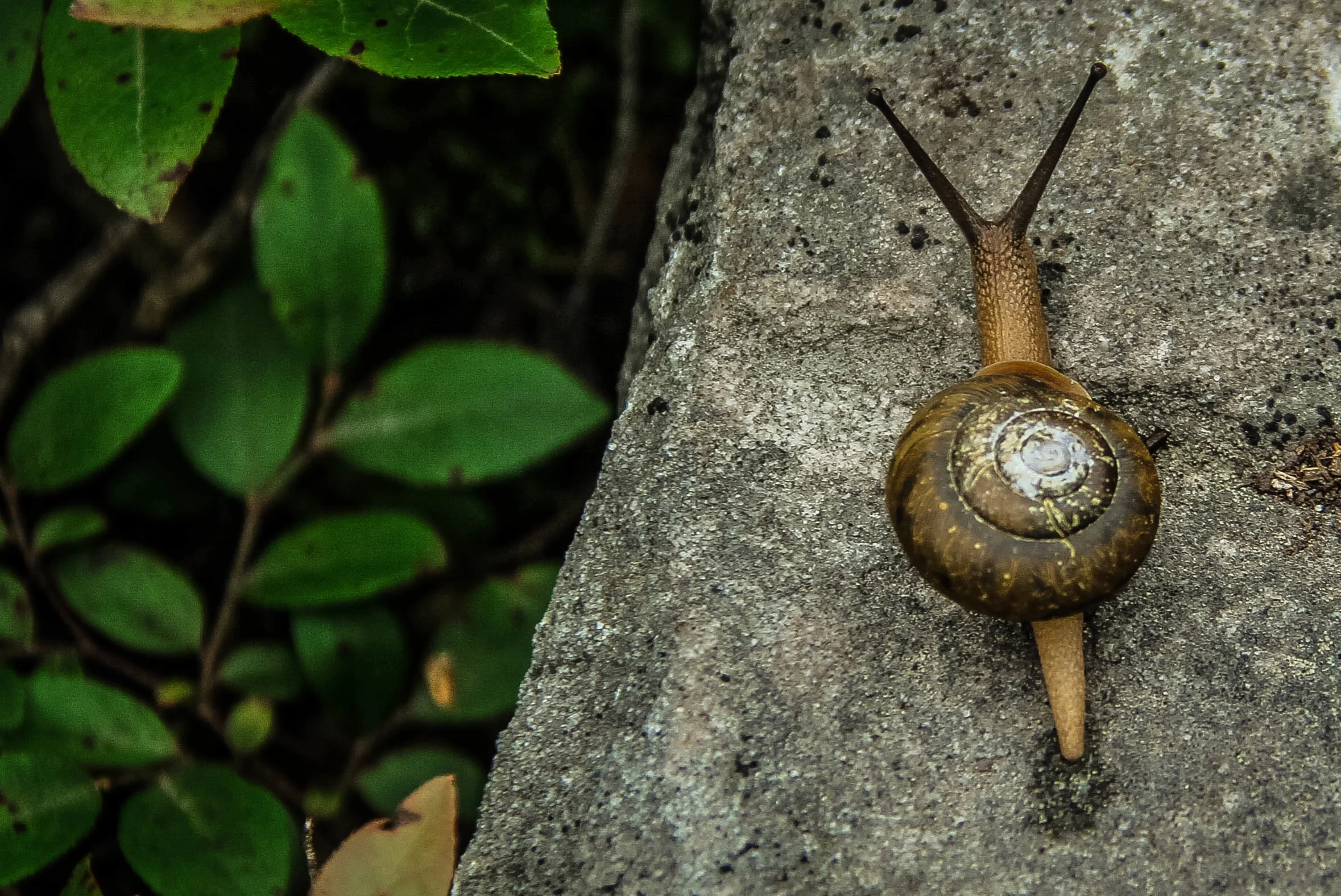








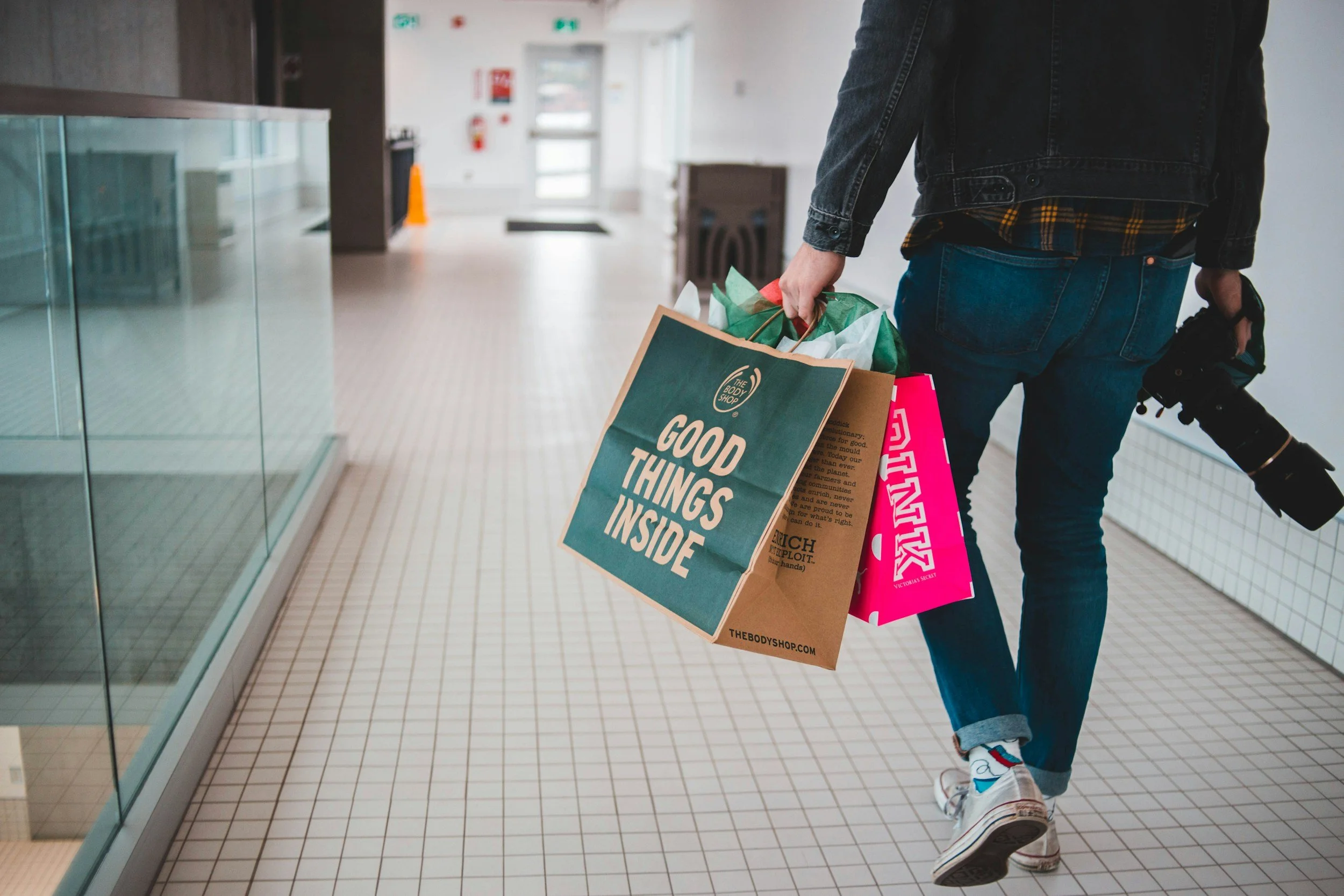








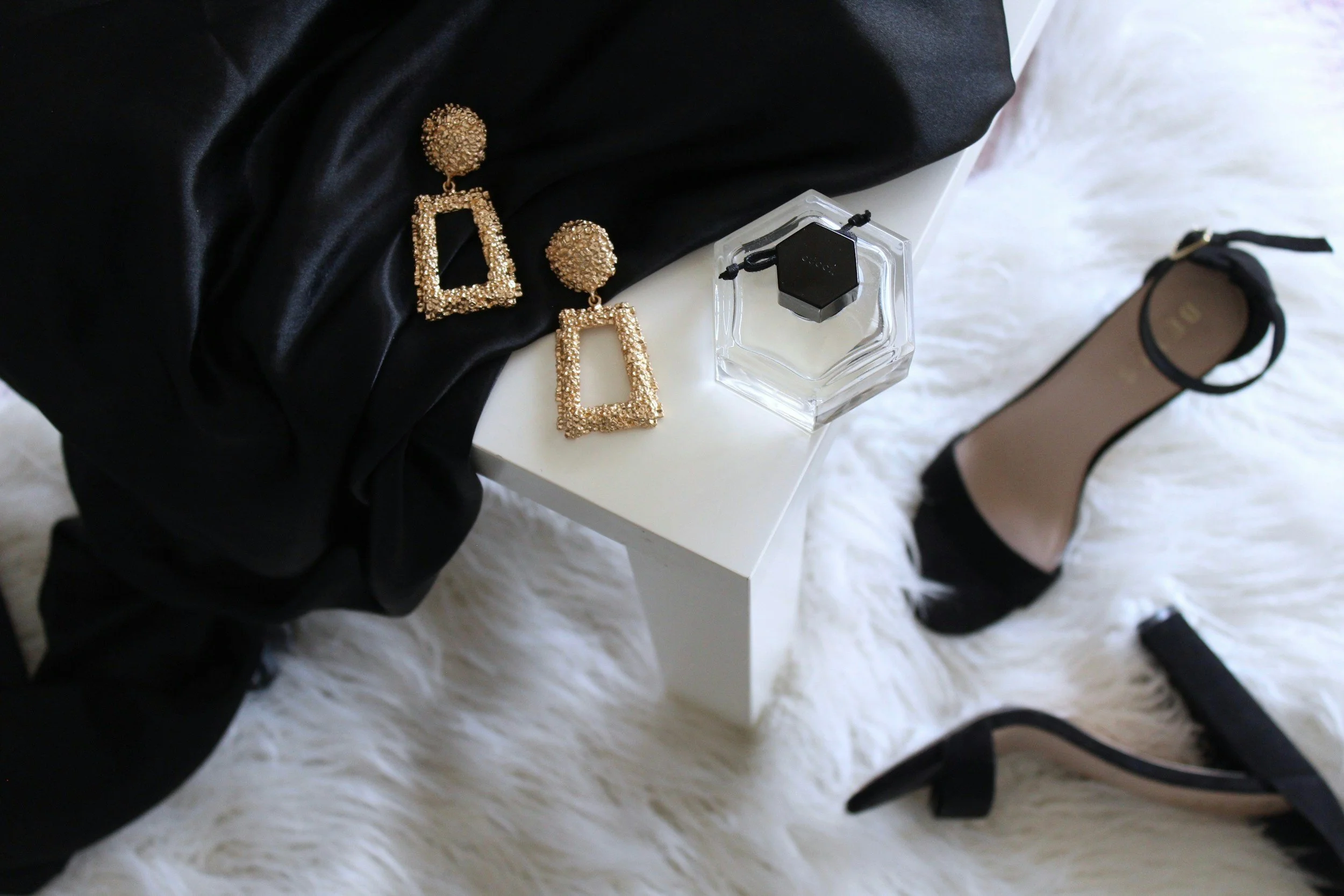
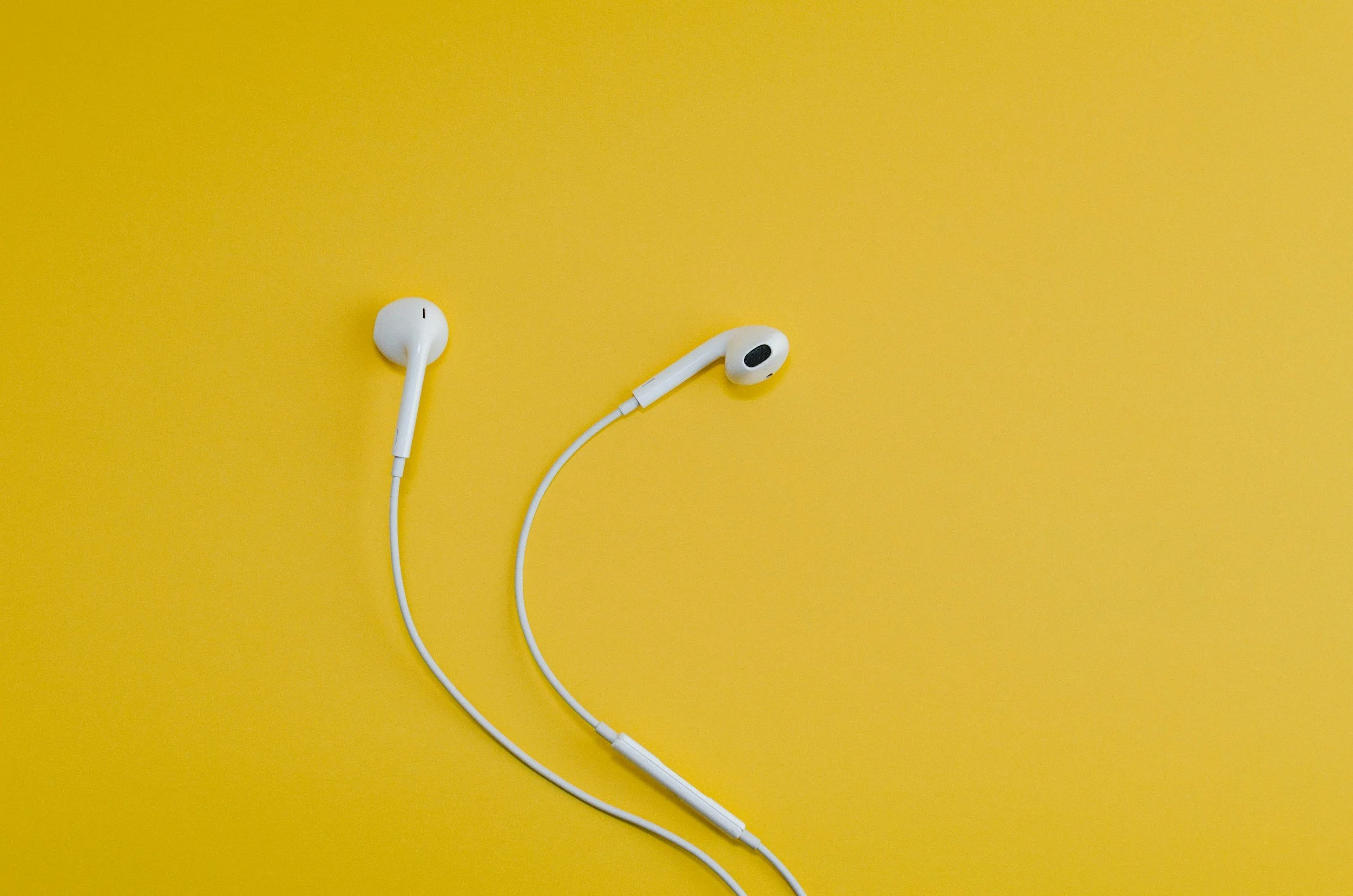














Do you find yourself hesitating to reach out when you're feeling most alone? Why is it that when we need connection most desperately, our brains make it nearly impossible to pursue? Learn why loneliness triggers a self-protective response that keeps you isolated, the surprising demographic struggling most with disconnection, and how understanding this neurological paradox is the first step toward breaking free from the loneliness loop.